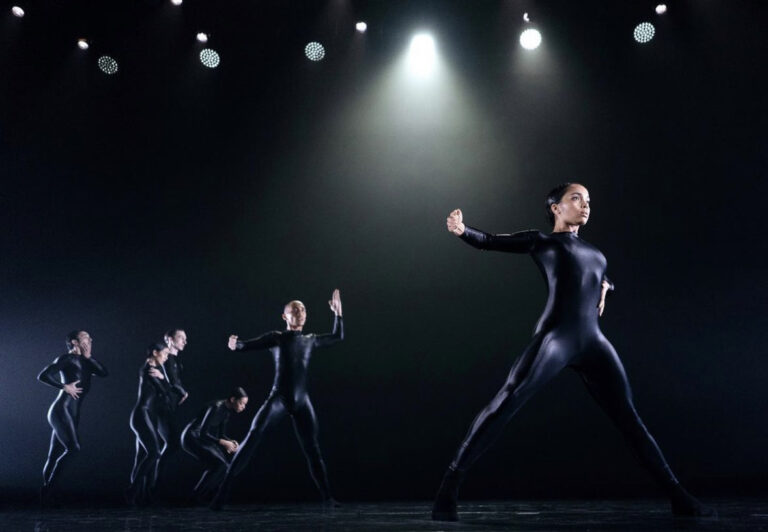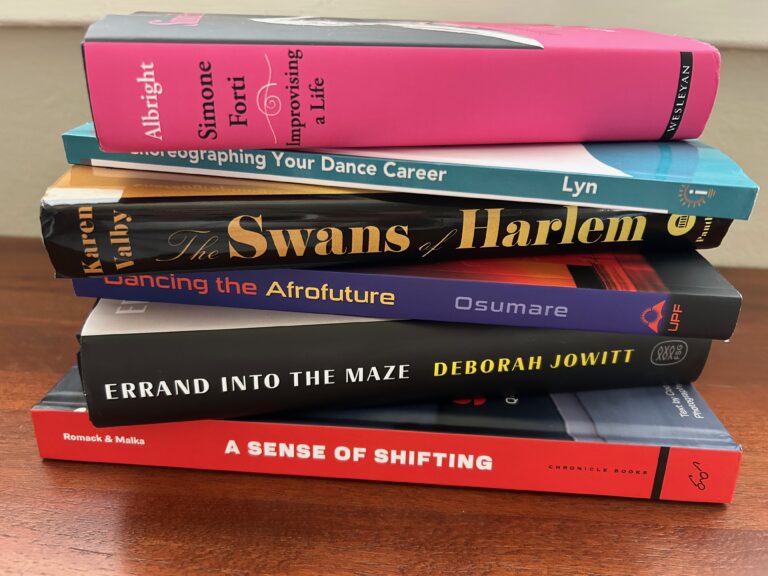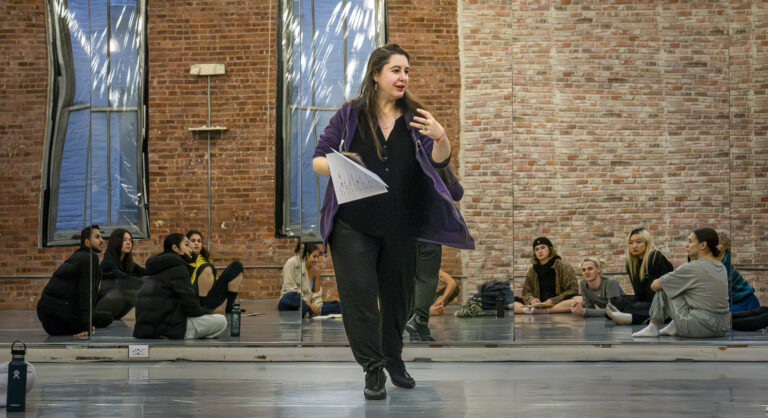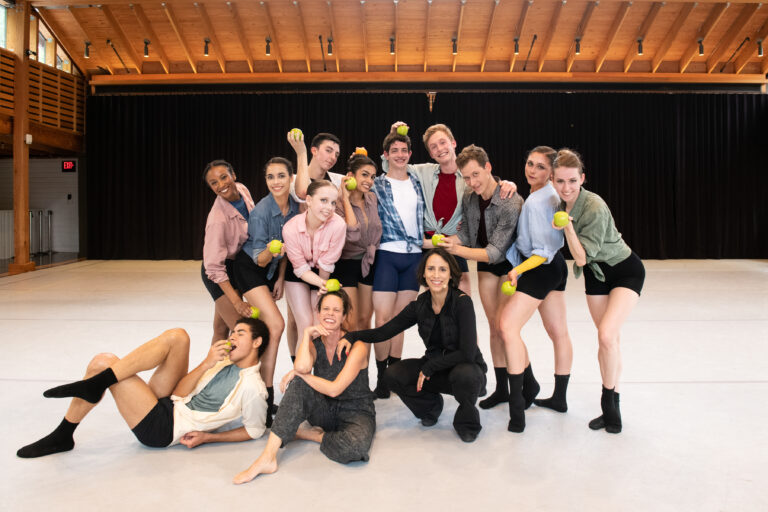
Chelsie Hill was just 17 years old when she was a passenger in a drunk-driving collision that paralyzed her from the waist down. A competition dancer with aspirations for a professional career, Hill grieved what seemed like the loss of her dreams on top of a torrent of mental and emotional hurdles.
“It was challenging to hold space as the only dancer in a wheelchair,” Hill says, recalling times she wasn’t acknowledged in class by the choreographer or other dancers. “It was painful, but I pushed myself to continue showing up to learn. I had always been an exceptional dancer, and I wasn’t going to let my disability change that. So I developed my own technique.”
Hill reached out to other women in wheelchairs on social media to create the Los Angeles-based Rollettes—a professional dance company of six women who perform at various festivals and expos across the country. By sharing her journey on social media, introducing herself to dancers and influential players in the industry, and partnering with brands she considers forward-thinking, like Target, Aerie, the Rockettes and Cats (film), plus top choreographers such as William “Willdabeast” Adams, Stephen “tWitch” Boss and Allison Holker, Hill has established herself as a key player in the commercial dance world.
Here, she opens up about the mission of the Rollettes, what dance teachers can do to better support their students with disabilities, and the worst advice she’s ever gotten.
On the mission of Rollettes
“Returning to dance after I was injured and having a community provided a sense of normalcy that played a major role in my healing journey. While everything we do at the Rollettes is still very much rooted in dance culture, we are constantly moving the goal post and expanding our work based on the needs of the community. It’s our mission to hold space for other women and girls to feel that sense of support and connectedness that has been so pivotal throughout my life. Women with disabilities can have a meaningful and lasting impact in any industry, and I want our work to celebrate that.”
On how teachers can better serve students with disabilities
“While it’s not necessary for teachers to have a technical education in adaptive dance, it’s important for teachers to be aware of, and open-minded to, the different techniques people with physical disabilities use to adapt choreography. This allows teachers to be more comfortable and better equipped to ask students questions about their particular abilities so they can work together to adapt specific moves and ensure their safety. Society has a habit of sweeping disabilities under the rug—mental, emotional or physical. We’re taught to keep adversity to ourselves. To mask it. But for someone with a physical disability, it’s often unavoidable and the concept of hiding or wanting to hide is really damaging. There’s a need for us to shift our focus from what people cannot do to what they can do, to create an environment that fosters innovation and resilience regardless of a disability.”
On the worst advice she’s ever gotten
“I was told to stop dancing because my feelings would get hurt—and they did. But the painful moments have always been worth it for me. I’ve built an amazing career and life based on my ability to persevere through hardship. Challenging myself and continuing to push myself beyond what I thought I was capable of, or told I was capable of, has been key in reaching my goals and my success is a testament to that.”
On her biggest dance-training turning point
“A huge turning point for me was when I realized that I’m able to accomplish more than I think I can. When I set the bar high, most of the time I surprise myself by rising to the challenge and smashing the goal.”
On the most helpful corrections she’s ever gotten
“I have two: the first was from choreographer G Madison, and he told me to mess up. To allow myself to mess up on whatever move I am struggling with, and then correct it. This has allowed me to release the stress of perfection so I can better understand what I need to correct and how to move forward. The second was from Brinn Nicole, who is an L.A.-based dancer and choreographer. She told me to slow down the music in my head. Instead of feeling overwhelmed by a fast-paced track, I have trained my brain to slow it down. I do this every time I dance, and it’s been game-changing.”
Her advice for dancers with aspiration for a career like hers
“My career has grown and evolved so much over the past decade, I never could have imagined that I would be where I am now with a wealth of unique experiences and a wide range of professional opportunities. My advice to younger dancers is to not limit yourself. Earlier on in my journey, I felt pressured to define my career, to stay in my lane, and while I always stay true to my brand and my vision, I’ve learned the importance of not closing myself off and taking opportunities as they come.”




